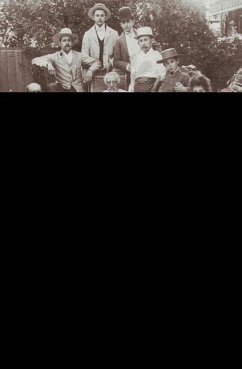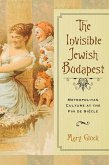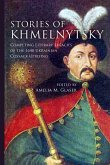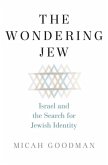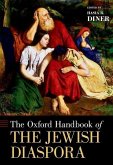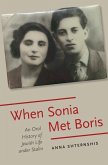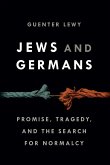In 1835 a renegade group of Tasmanians wishing to expand their landholdings disembarked in what was to become Melbourne. This colonising expedition was funded by a group of investors including the Jewish emancipist Joseph Solomon. Thus, in Melbourne, as in the settlement of the continent itself, Jews were at the foundation of colonisation. Unlike many other settlers, these Jews predominantly came from urban backgrounds. Although principally from London, some of them had experienced other forms of Jewish urbanism--in central and eastern Europe, the Ottoman Empire and the Caribbean--and applied their experience to the formation of a new emancipated conceptualisation of urban Judaism. In Victoria, as in the other new Australian colonies, there were no civil or political restrictions on the Jewish community. With the establishment of Melbourne, Jewish settlers were required to create new communal frameworks and the religious bodies of an active Jewish life. The community's structure and the institutions they founded were a pragmatic response to the necessities of communal formation and the realities of maintaining Judaism within this colonial outpost. As with other Jewish communities in the large centres of the world, they responded to the freedoms of an emancipated society, while the political and social environment of a new city such as Melbourne provided a unique set of opportunities. Unlike in other cities where Jewish property ownership was restricted, here Jews could live and work where they chose, becoming, from the first land sales, investors in property. Subsequently as the city expanded, as developers and builders they influenced the formation of the urban fabric, while their intellectual and economic connections brought new political and intellectual ideas and networks to the colonial experience.
Hinweis: Dieser Artikel kann nur an eine deutsche Lieferadresse ausgeliefert werden.
Hinweis: Dieser Artikel kann nur an eine deutsche Lieferadresse ausgeliefert werden.

